


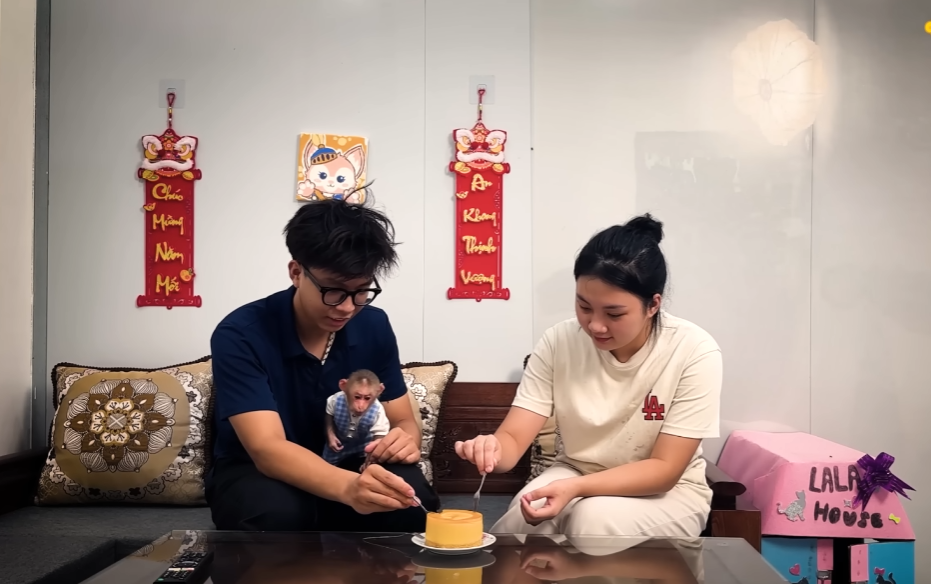
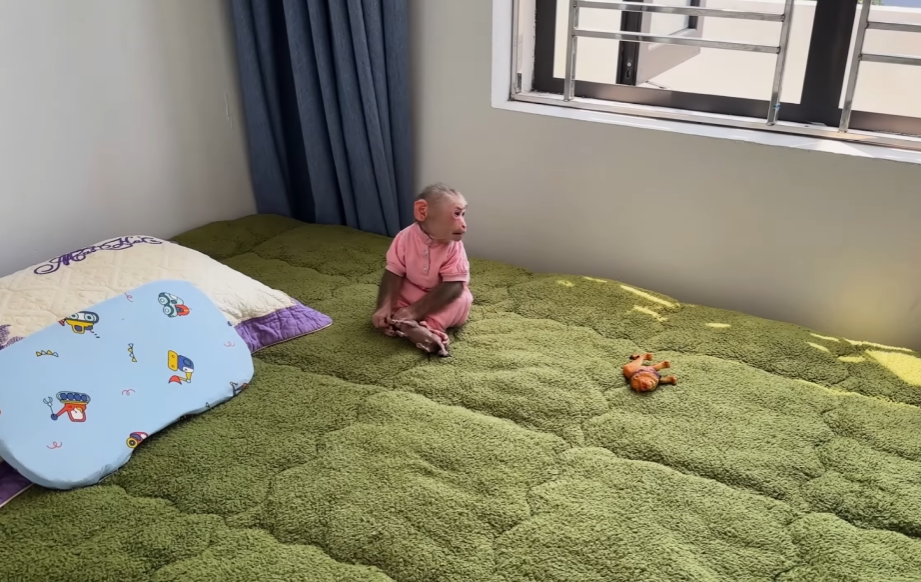
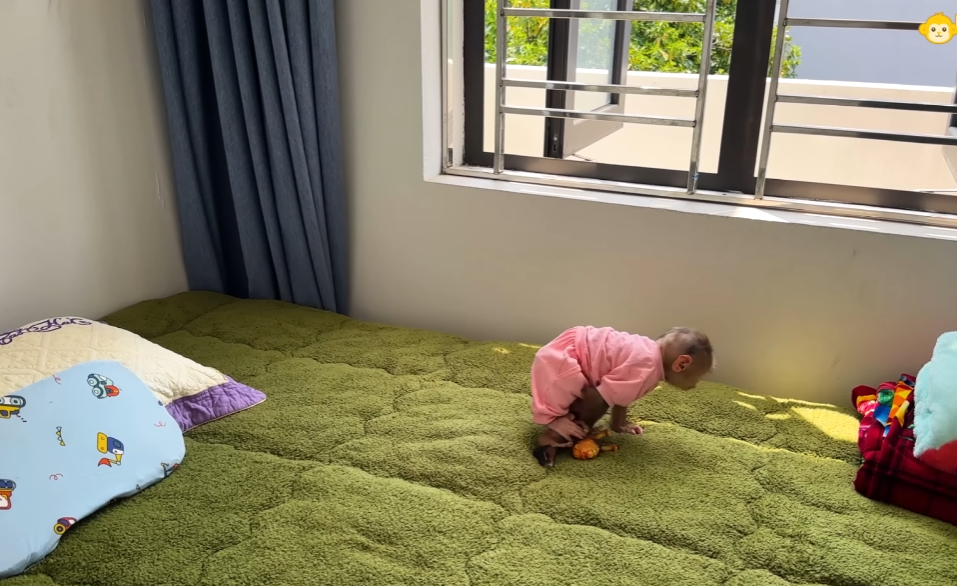
The morning sun rose gently, casting soft beams of light through the cracked wooden shutters of the old house. Dust particles floated lazily in the rays, dancing as if they had lived here forever. Lala stood quietly in the center of the living room, her small hands clasped together, her eyes filled with both wonder and sorrow.
This house, with its peeling paint and worn-out floors, was not just wood, bricks, and stone to her—it was a place of countless memories. To anyone else, it might look like an abandoned building waiting to be torn down, but to Lala, it was the heart of her childhood, the cradle of laughter, tears, and moments too precious to ever forget.
Her father had told her the news the night before: the house would soon be sold. The land had become valuable, and the family needed to move into a modern apartment closer to the city. He had explained gently, with his big, comforting voice, but Lala’s heart had sunk like a stone in water. She didn’t argue, didn’t cry in front of him. She only nodded.
Now, standing silently in the house, she let her sadness rise.
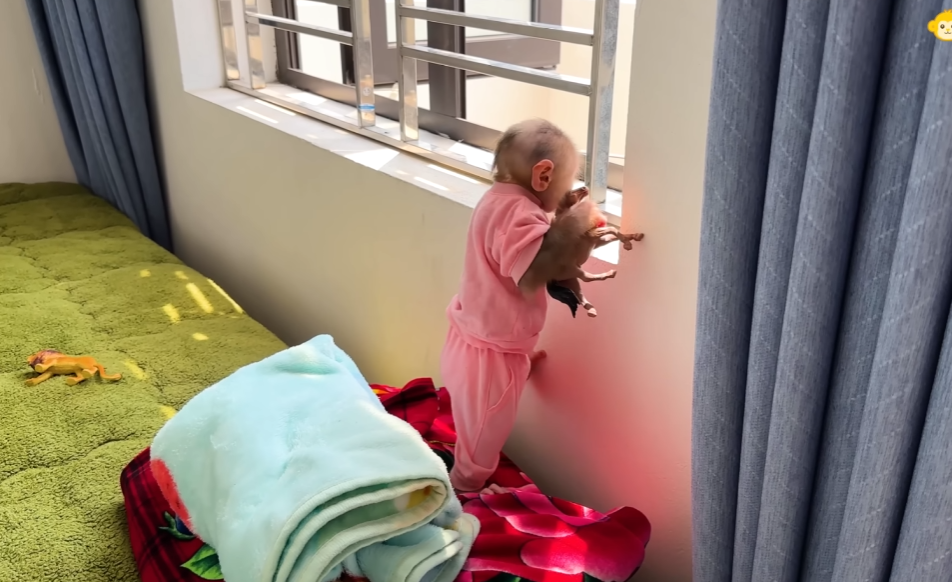

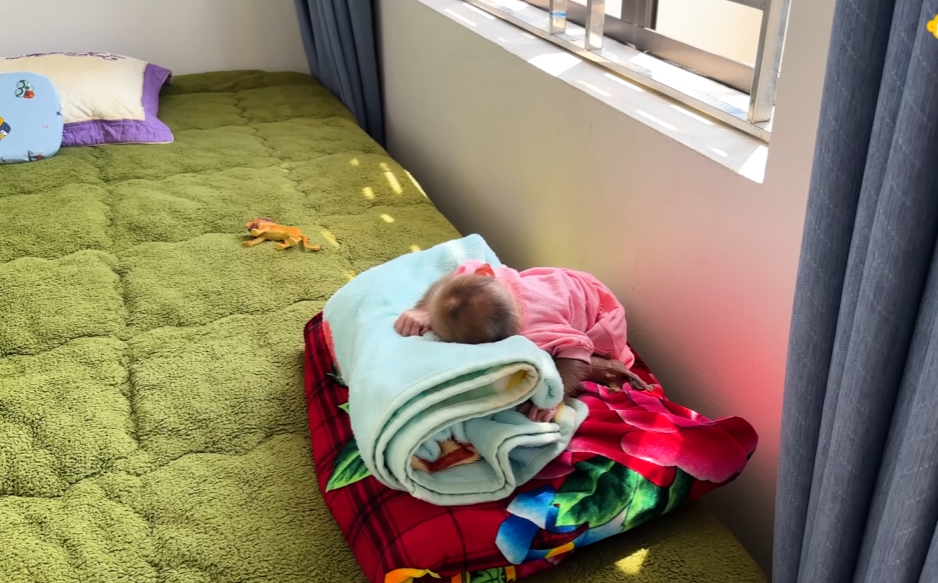
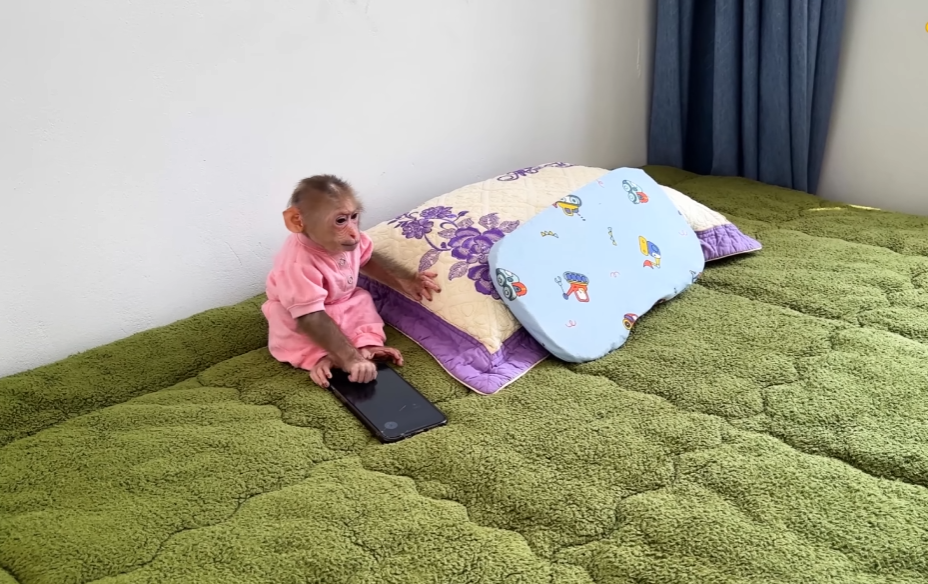

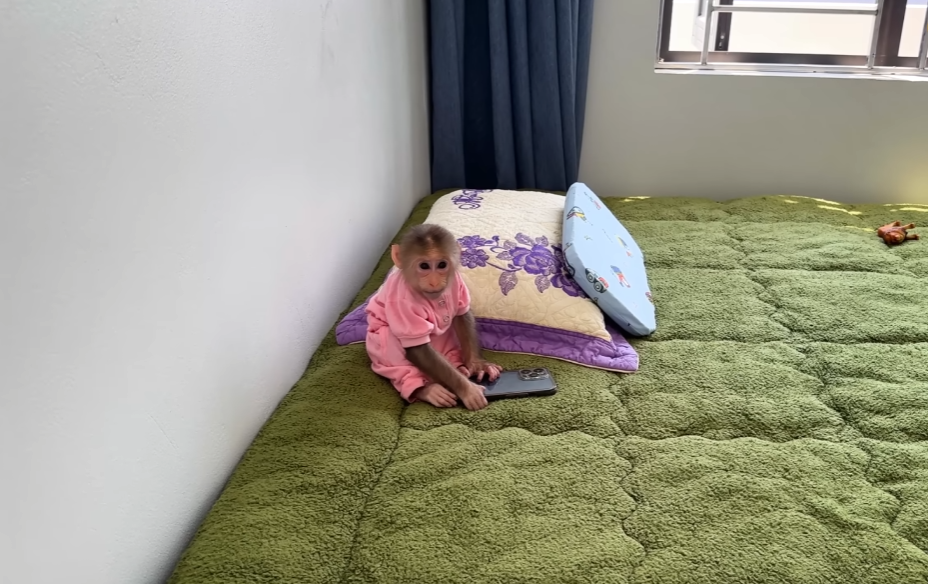
Every corner of the old home whispered stories to her.
The staircase with the creaky third step—how many times had she tiptoed down it late at night to sneak a cookie from the kitchen? That memory made her smile faintly, though her chest ached.
The wide wooden table in the dining room, scarred with scratches and stains, was where the family had eaten countless meals. Lala remembered sitting on her mother’s lap as a toddler, learning how to hold a spoon properly. She remembered her sister drawing doodles with a pencil on the underside of the table, leaving secret marks no one could see. She remembered the laughter, the arguments, and the long evenings when everyone lingered, too comfortable to leave.
Her gaze shifted to the windows. The glass was cloudy, edges rimmed with cobwebs, but to Lala, they were portals of memory. She recalled rainy days when she had pressed her nose against the cool glass, watching raindrops race each other down the pane. She remembered the first snow of one winter, when she and her father had built a lopsided snowman in the yard while her mother watched from this very window, clapping her hands in delight.
The backyard was another treasure chest of memories. Through the back door, Lala could see the tall mango tree still standing proudly. Its branches stretched wide, heavy with green leaves, just like when she used to climb it. She remembered the first time she reached the top branch, her father cheering her on, and the afternoons she spent swinging from the lowest branch with her sister until their mother called them in for dinner.
And then there was her bedroom.
She walked up the stairs slowly, her fingers brushing the wooden banister polished smooth by years of use. At the top, she paused before pushing the door open. The room smelled faintly of old paper and lavender. On the walls were faint outlines where posters once hung. Her small desk still had a chipped corner from the time she knocked it over in excitement while showing her father a drawing. The wardrobe still had stickers she had pasted when she was only five years old, most of them faded now.
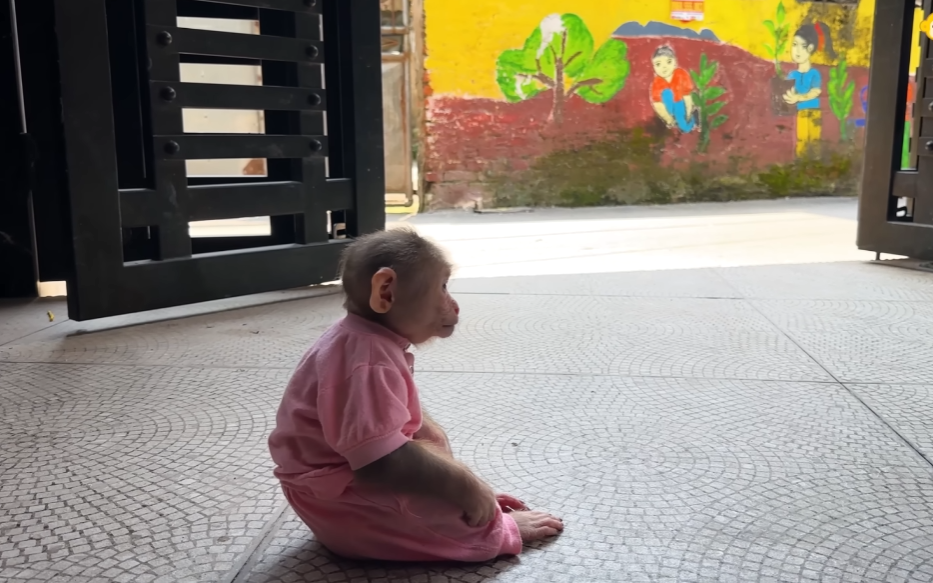
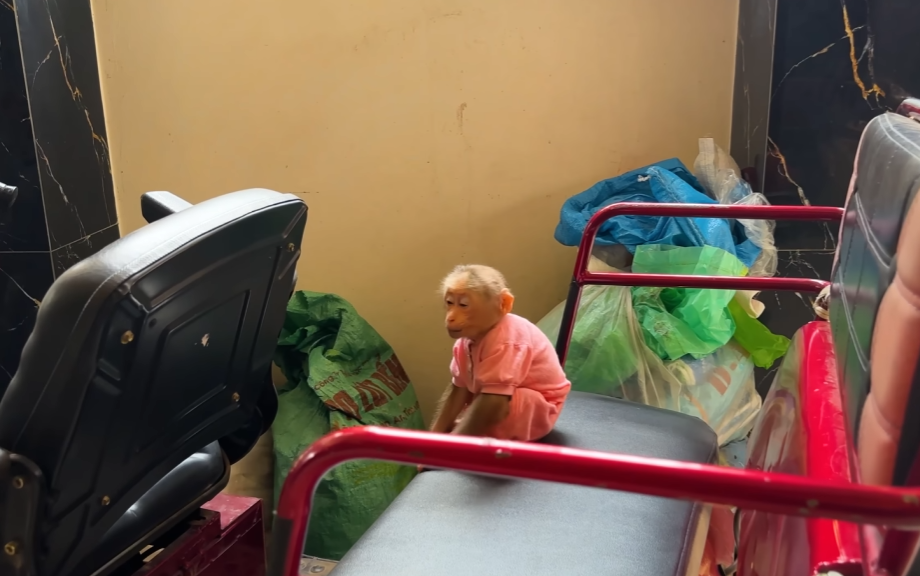



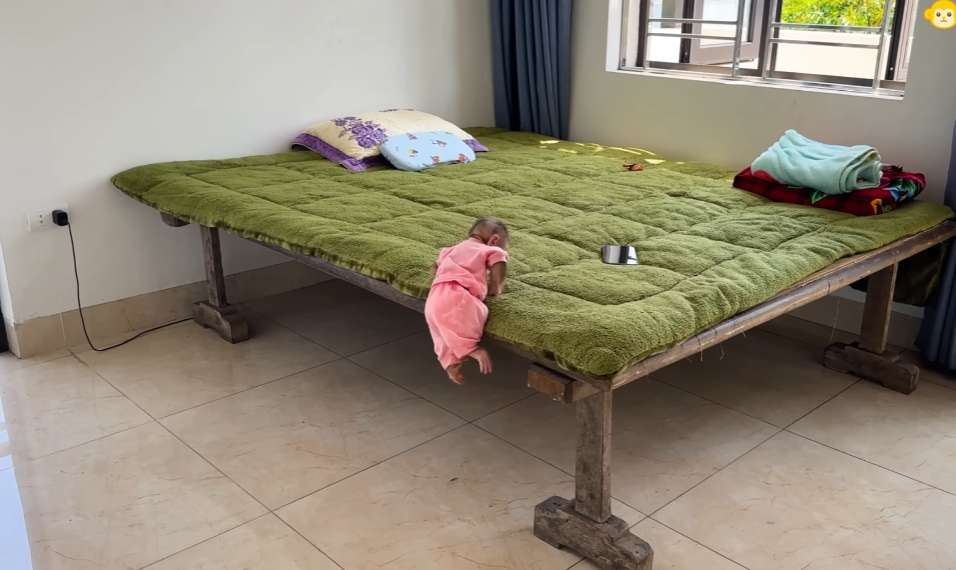
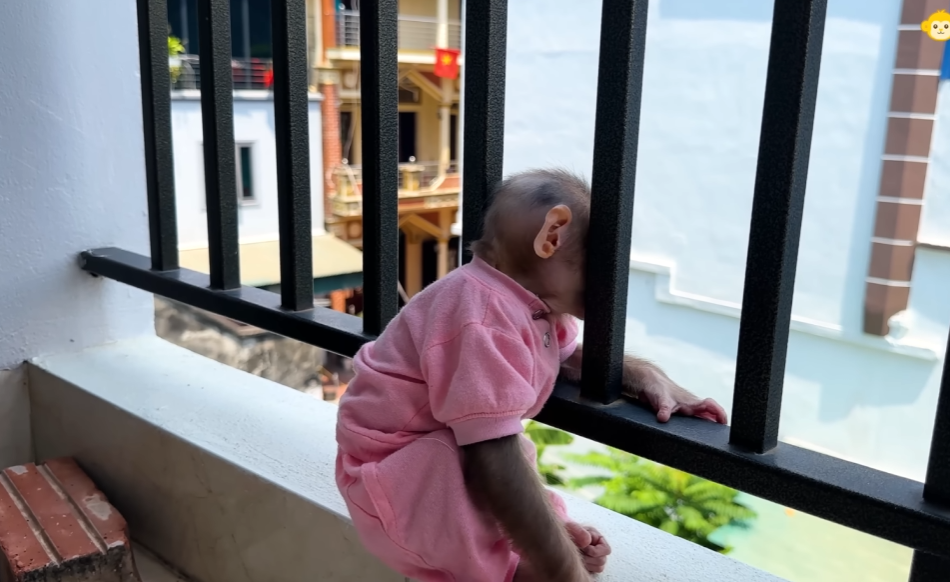

Here, she had grown. Here, she had dreamed. Here, she had cried herself to sleep when she lost her first pet, and here she had stayed awake all night before her first day of school.
The silence of the house weighed heavily. It was as though the walls themselves knew they were about to lose their purpose.
Lala sat on her bed, hugging her knees. She thought about how people often said houses don’t feel. But she didn’t believe that. She was sure this house had a soul. How else could it hold so much warmth? How else could it comfort her even in its broken, aging state?
Her silent sadness grew heavier. She felt like she was leaving behind a dear friend who had always protected her.
Downstairs, she heard footsteps. Her father appeared at the door. “Lala,” he said softly. “We’ll come back to visit, okay? Even after we move. The memories will always stay in your heart.”
She nodded but didn’t speak. Words felt too small for what she was feeling.
Her father sat beside her, placing a strong hand on her shoulder. “I grew up here too,” he whispered. “This was my parents’ house before it was yours. I understand.” His eyes shimmered, though he tried to hide it with a smile.
For the first time, Lala realized she wasn’t alone in her sadness. The house belonged to all of them—her father, her mother, her sister. They all carried pieces of it in their hearts.
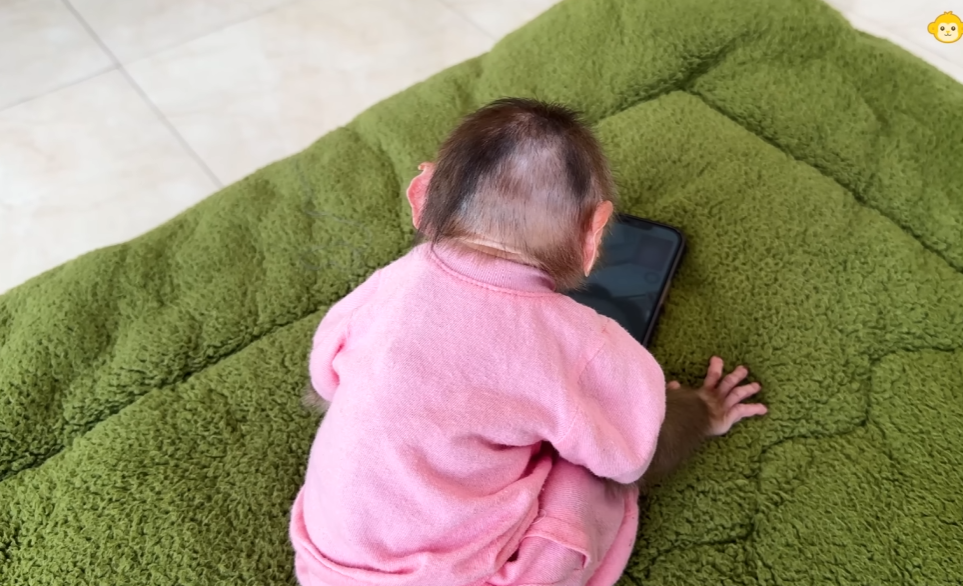

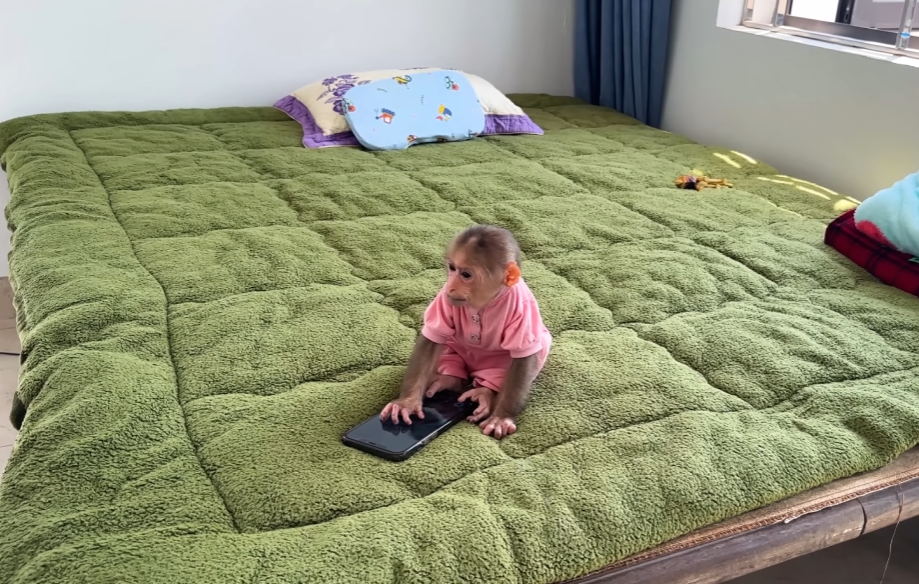
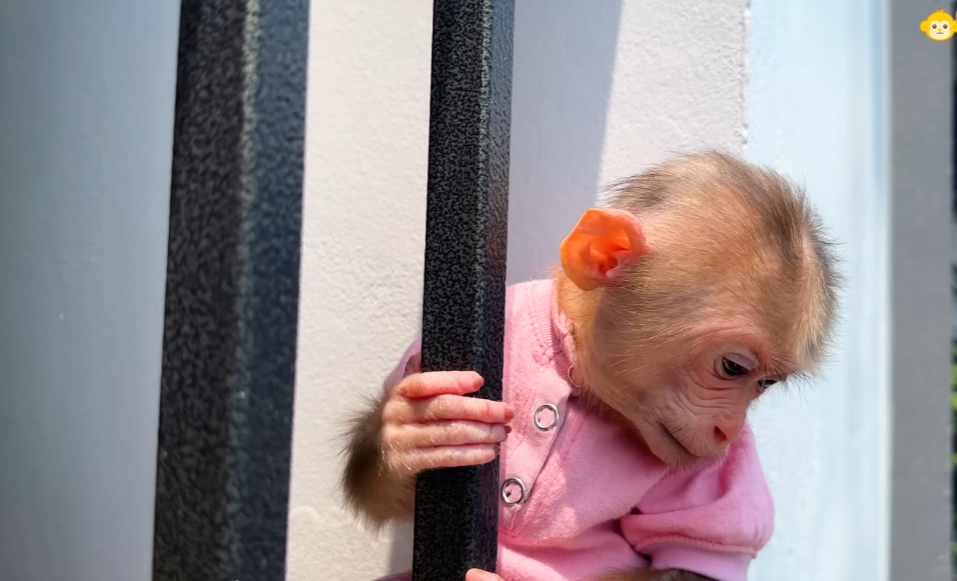
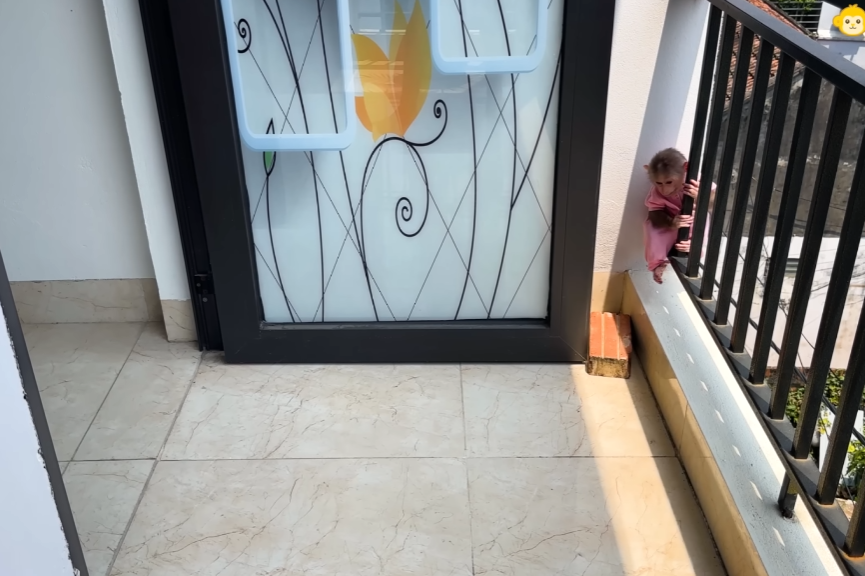


The next day, before the movers came, Lala decided to give the house a farewell of her own. She took a notebook and walked through each room, writing down a memory connected to it.
In the kitchen, she wrote: The smell of Mom’s soup on cold days.
In the dining room: The time we laughed so hard that water came out of Dad’s nose.
On the staircase: The creaky step that always betrayed me when I sneaked cookies.
In her bedroom: The dreams I whispered into the night, believing the walls would keep them safe.
She even wrote about the mango tree: My secret throne, higher than the world.
When she was done, her notebook was full of the life this house had given her. She pressed it to her chest and closed her eyes.
The movers packed, the family said their goodbyes, and soon they drove away. Lala kept her face turned toward the back window of the car, watching the old house grow smaller and smaller until it disappeared from sight.
Her heart felt heavy, but not empty. She realized she had carried the house with her—not in bricks and wood, but in stories, laughter, and love.
The silent sadness still lingered, but it wasn’t hopeless anymore. It was the gentle ache of knowing something precious had existed, and it would always live inside her.
As the car turned onto the new road, her sister reached out and held her hand. Their father hummed a tune softly, and their mother glanced back with a warm smile.
Lala realized something important: no matter where they lived, as long as they were together, they could build new memories. The old house would always be their beginning, and her silent sadness would someday transform into grateful remembrance.
But for now, she allowed herself to sit quietly with her feelings, honoring the old house full of memories—her dearest, silent friend.



